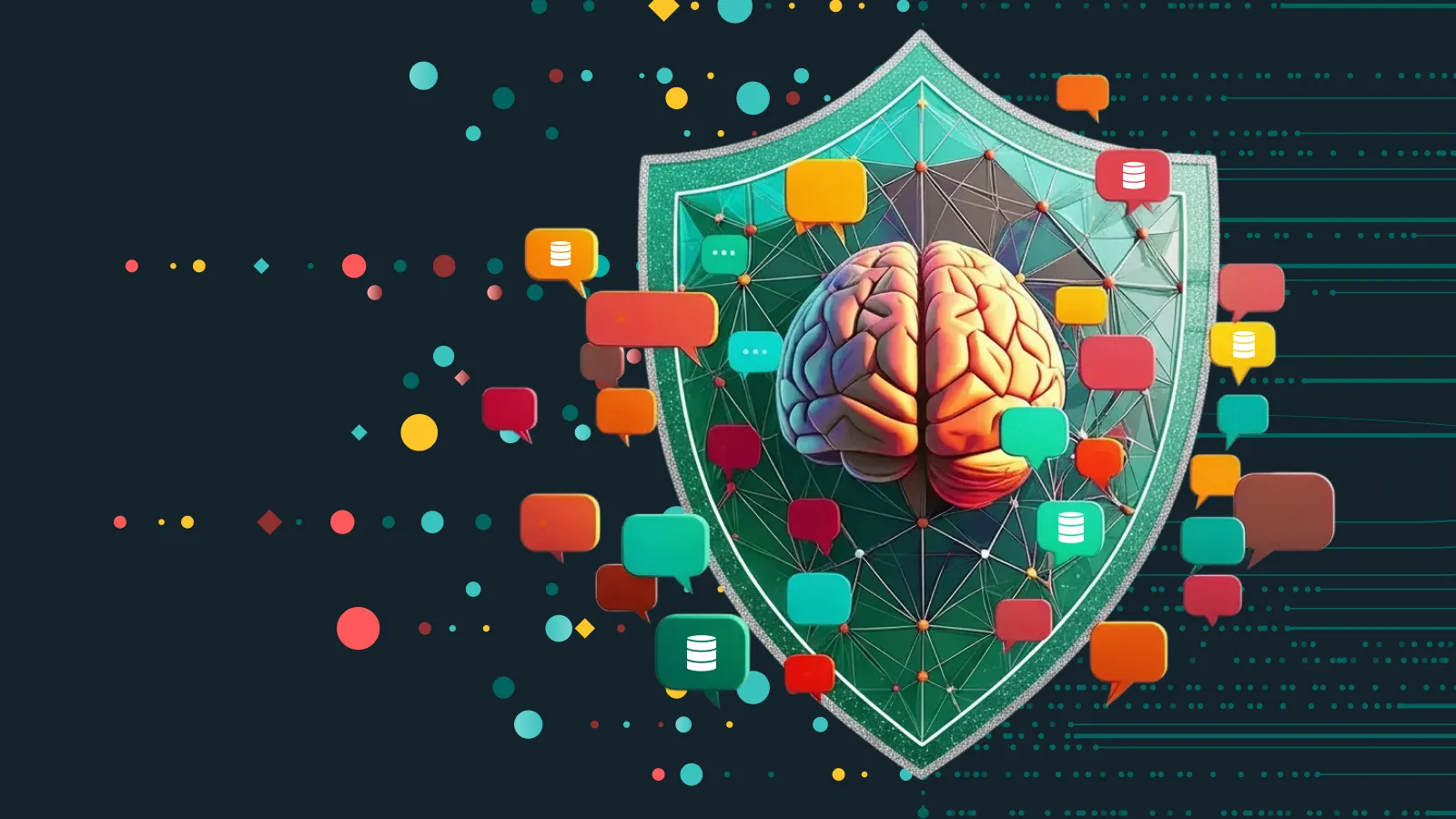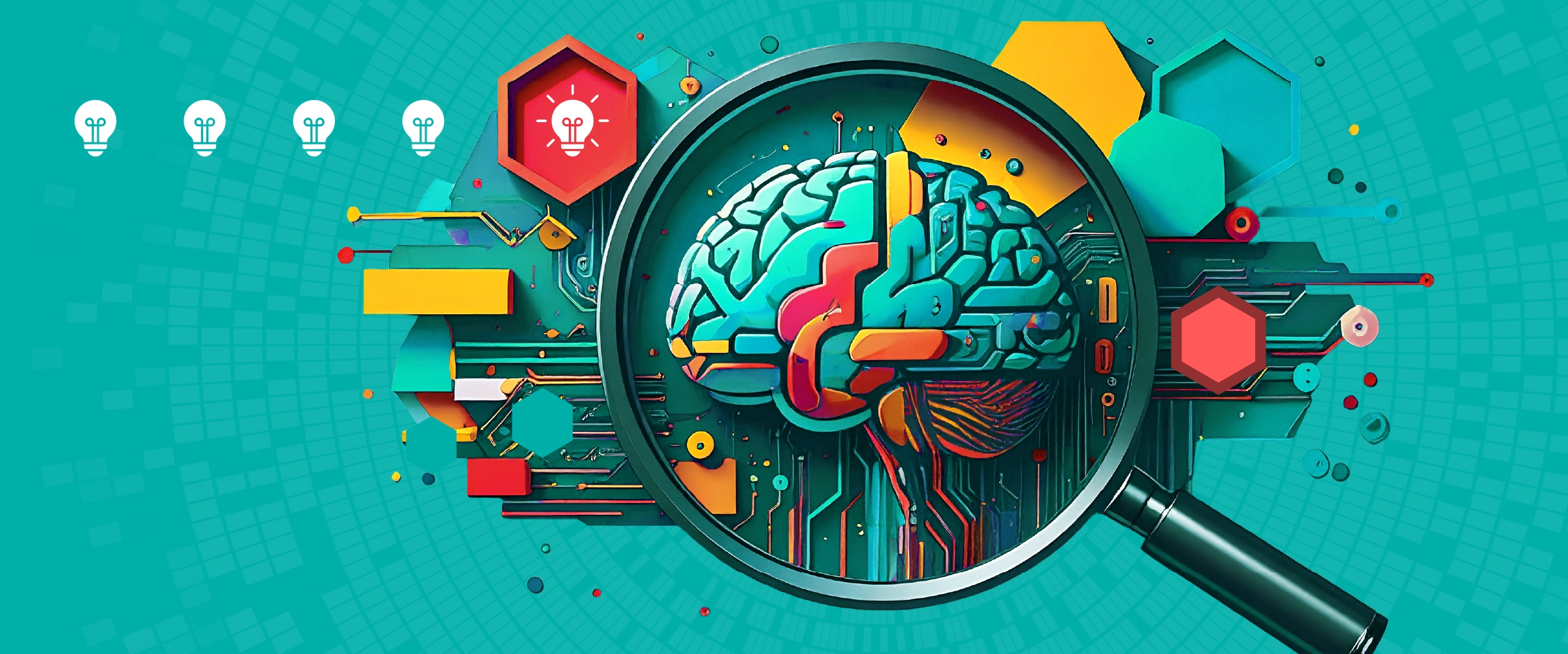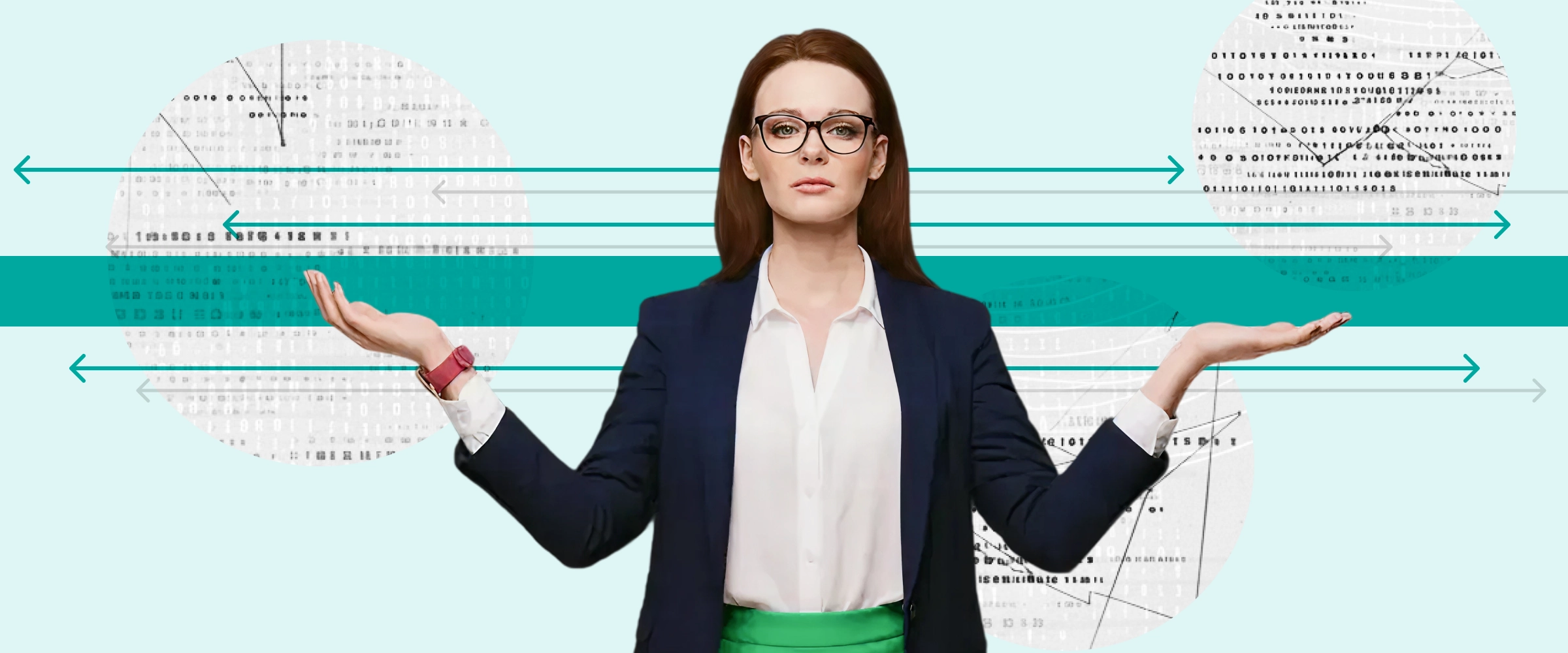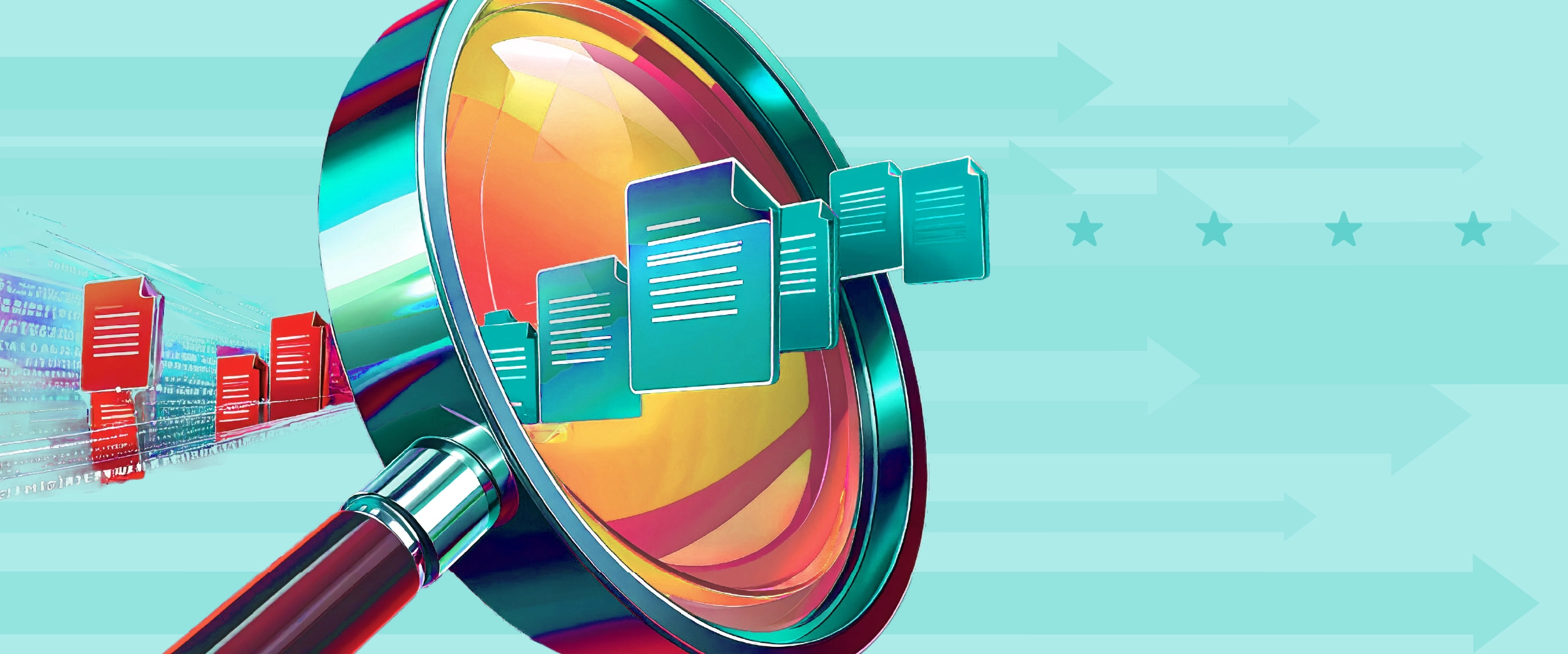
Products
DISCO Platform
New
Powerful legal technology for modern challenges.
Professional Services
Solutions
Case Studies
Resources
Company
Thank you! Your submission has been received!
Oops! Something went wrong while submitting the form.
Thank you! Your submission has been received!
Oops! Something went wrong while submitting the form.
.jpg)











.webp)

